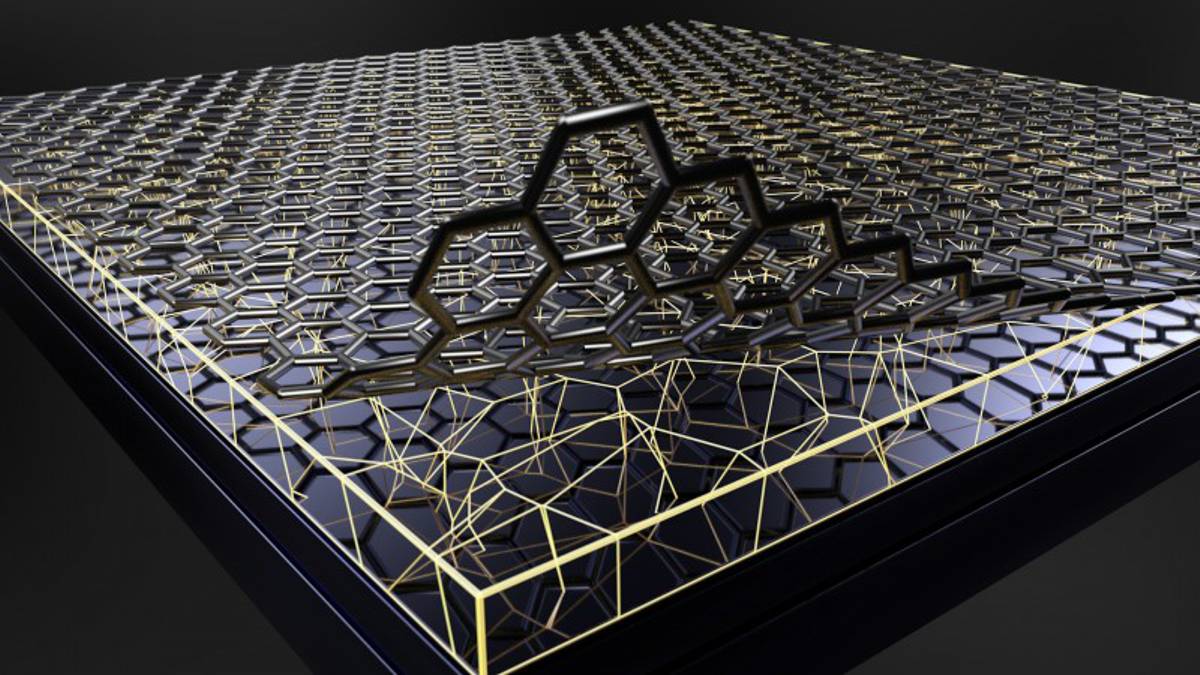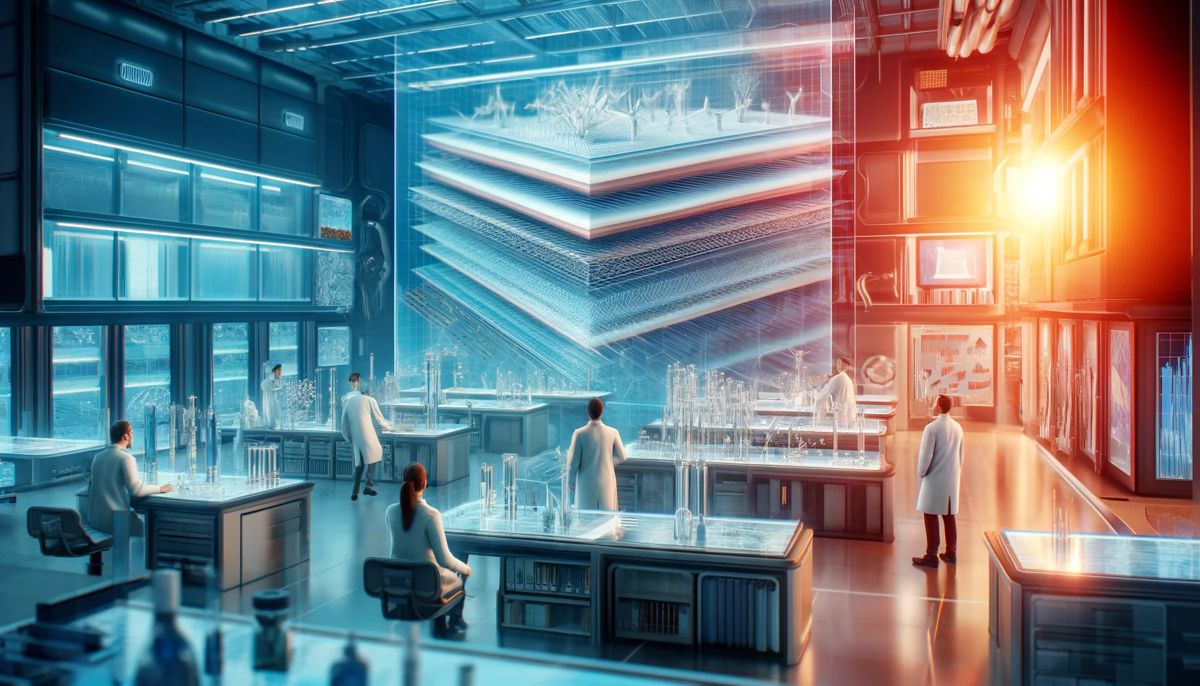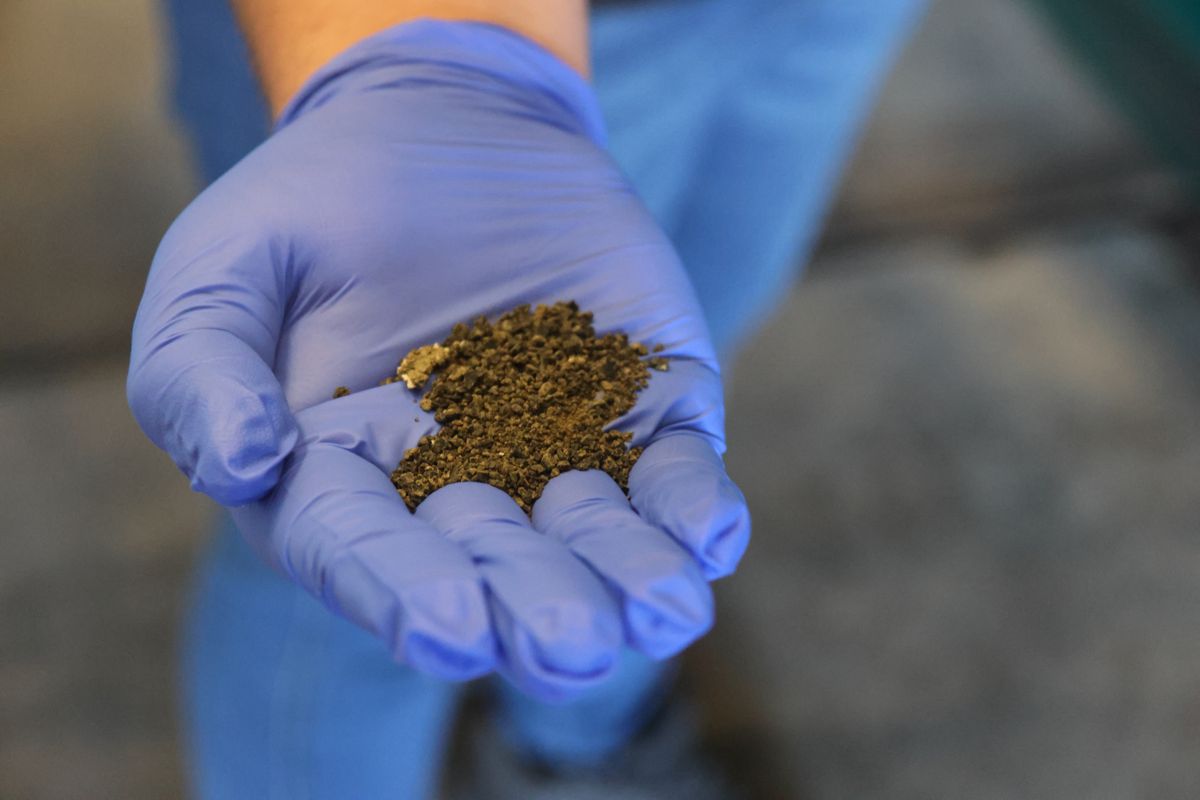Partnership designing Zero-Carbon Bricks and Bio-Concrete Materials
Global design firm Skidmore, Owings & Merrill partnered with Prometheus Materials, a leader in zero-carbon building materials, to design and produce microalgae-based bricks and bio-concrete.
Replacing traditional carbon-heavy concrete materials–currently responsible for 8% of the world’s total Carbon Dioxide emissions–with a zero-carbon bio-concrete could rapidly accelerate the transformation of building construction into a carbon-free industry. As the need to decarbonize buildings becomes more urgent, the materials offer a promising, immediate, zero-carbon alternative to traditional, concrete-based building materials.
“The future of the built environment is carbon-negative and, through this new collaboration, buildings have the potential to become part of the solution to climate change, not the problem. If we replaced every concrete block with a bio-based alternative in our building projects, the impact would be immense. We recognize the urgent need for new materials that address this challenge. Through our collaboration with Prometheus Materials, Skidmore, Owings & Merrill is able to play a direct role in creating the materials that will be the foundation of our carbon-negative future, bringing our vision for a healthy planet closer to reality,” said Brant Coletta, Skidmore, Owings & Merrill Managing Partner.
The material is created using naturally occurring microalgae–a microscopic algae that naturally sequesters carbon–and a patent-pending photosynthetic bio-cementation process. Microalgae is combined with water, sunlight, and CO2 to create a material which is chemically similar to the calcium carbonate biodynamically generated in coral reefs and oyster shells. When mixed with aggregate, this bio-cement creates a net zero-carbon building material with mechanical, physical, and thermal performance properties comparable or superior to portland cement-based concrete.
“The architects, designers, engineers, and planners at SOM are at the forefront of developing and using new sustainable materials, technologies, policies, and ways of thinking to minimize the construction’s industry’s climate impact,” said Loren Burnett, Prometheus Materials President, CEO, and Co-Founder. “We’re marrying our highly specialized knowledge in decarbonized building materials with Skidmore, Owings & Merrill’s deep bench of expertise in designing innovative, sustainable buildings around the globe.”
The cross-industry partnership is an extension of Urban Sequoia, a design concept Skidmore, Owings & Merrill unveiled at the United Nations COP26 Climate Conference, which envisions “forests” of buildings that sequester carbon and produce biomaterials to create a new carbon economy and a resilient urban environment.
Prometheus Materials was co-founded by a team of scientists and engineers from the University of Colorado Boulder. As part of the collaboration, Skidmore, Owings & Merrill recently joined an $8 million Series A financing round for Prometheus Materials.















